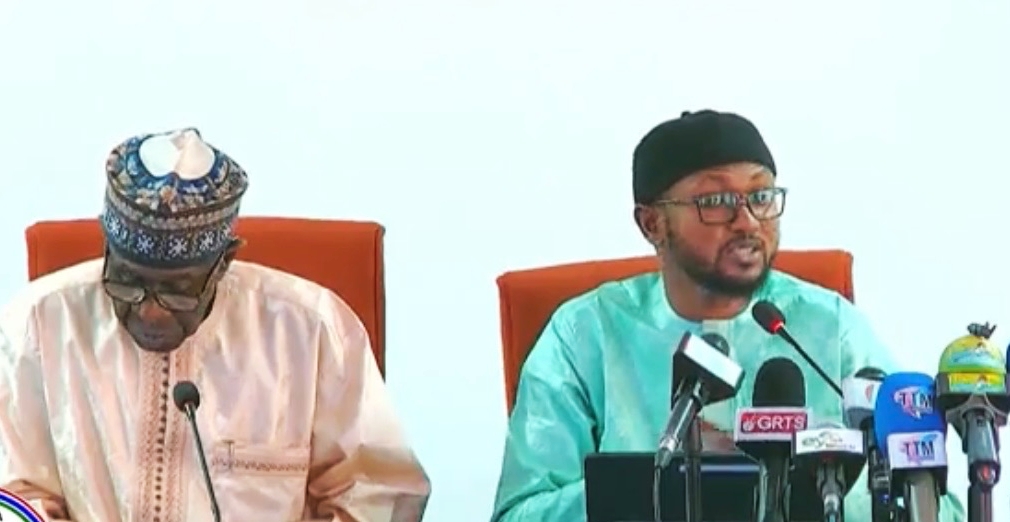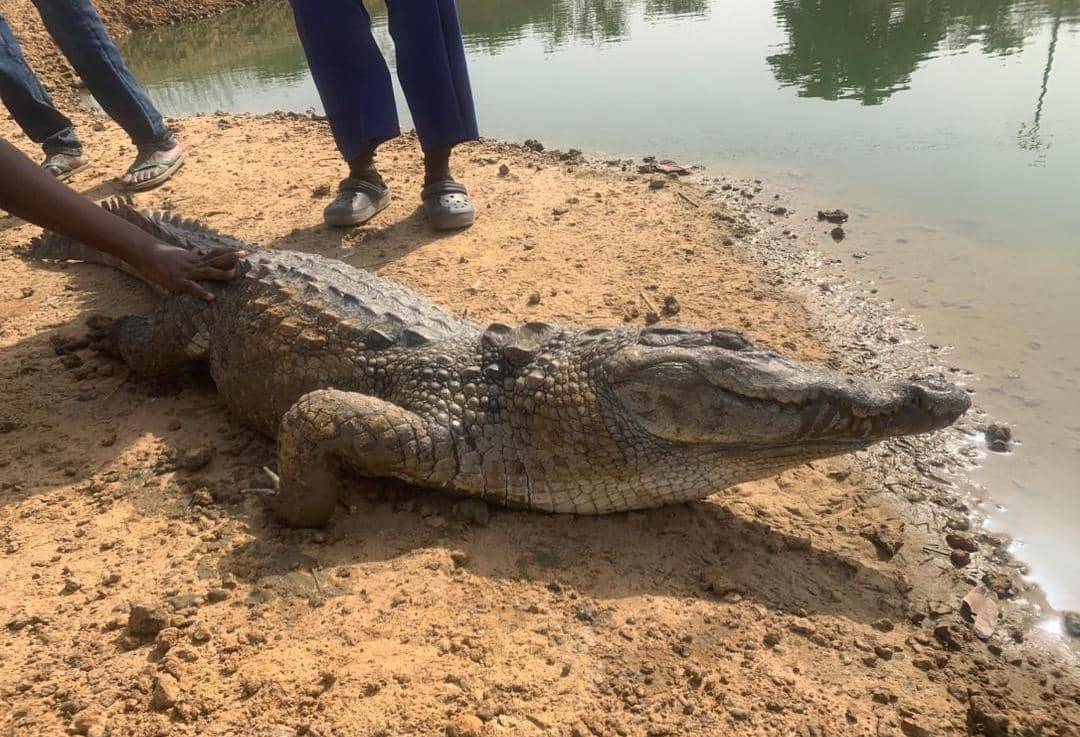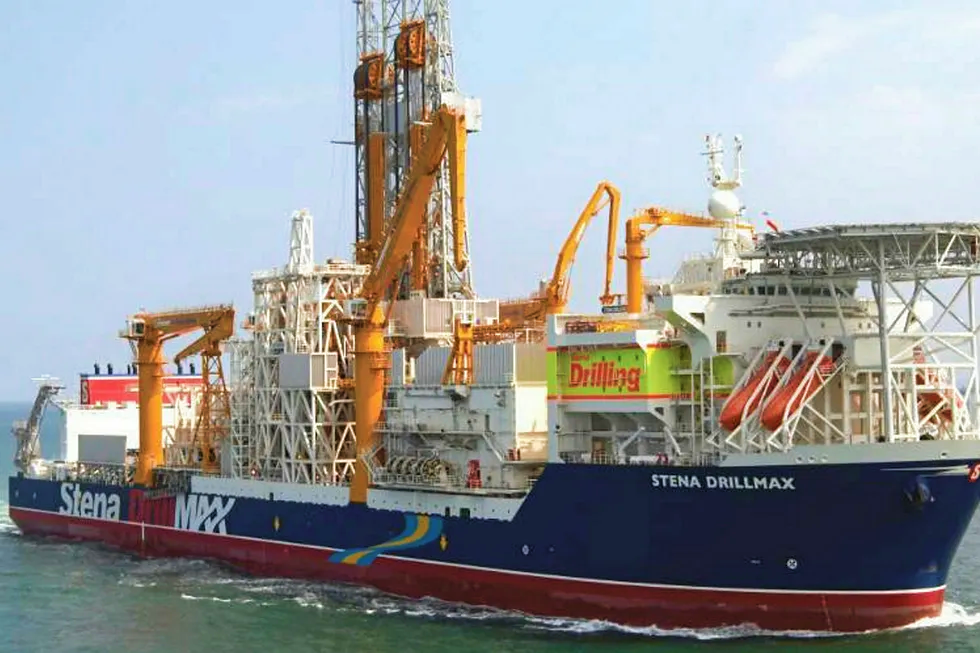Gambiaj.com – (BANJUL, The Gambia) – FAR Ltd., an Australian oil company, quietly exited The Gambia, surrendering its licenses for the A2 and A5 offshore oil blocks. Ousman F. M’Bai, a United Kingdom based financial crime, regulation & international asset recovery Attorney has revealed on The Fatu Network that this decision, confirmed by his investigative findings, has left The Gambia facing both financial setbacks and missed strategic opportunities.
FAR Ltd. first obtained the licenses for the A2 and A5 blocks in 2016, entering The Gambia during a period of political volatility. These blocks, especially A2, were promising prospects for oil and gas, located in a geologically rich area of the Senegal/Gambia sub-basin. Initially, FAR Ltd. sparked hope in the country, drawing a connection between the A2 block and the highly productive SNE Sangomar field in Senegal. However, a series of challenges soon unfolded.
After facing capital and operational challenges, FAR Ltd. brought on Malaysia’s Petronas as a joint venture partner to help fund its exploration activities. Despite drilling two wells, Samo in 2018 and Bambo in 2021, the company reported only minor oil shows. These findings raised doubts about the reliability of FAR Ltd.’s operations and its true financial stability. Meanwhile, FAR Ltd. sold its stake in the Sangomar field to Woodside Energy for $126 million, raising questions about the company’s long-term commitment to The Gambia.
The terms of FAR Ltd.’s agreement with The Gambia’s government was then criticized for favoring the company at the expense of the nation’s interests. The government granted FAR Ltd. a 12-month extension for theR5 A2 and A5 blocks in 2023, with reduced statutory costs and no obligations to invest in the licenses.
Despite these favorable terms, FAR Ltd. abandoned its operations, citing unsuccessful attempts to find new investors and surrendered its licenses without incurring penalties.
FAR Limited Chairman’s Review in the company’s Annual Report of 31 December 2023 states, “The Company has successfully negotiated with The Gambia Government for an extension to the permit term of Blocks A2 and A5 for an additional 12 months, a substantial reduction in the permit statutory costs, and no obligation for expenditure on the licence for a 12 month period commencing on 1 April 2023. The Company undertook a remarketing of Blocks A2 and A5, with the substantially lower fixed permit statutory cost structure. The marketing efforts were unsuccessful, and after year end, the Company has surrendered Blocks A2 and A5 and closed its office in The Gambia“.
How FAR Ltd. duped The Gambia
Legal expert Ousman F. M’Bai has highlighted on The Fatu Network how this arrangement benefited FAR Ltd., allowing the company to leave without accountability, depriving The Gambia of significant potential revenue and strategic control over its resources. Additionally, the Petroleum Commission’s oversight role has come under scrutiny, as it allegedly failed to enforce stringent compliance requirements on FAR Ltd., which left The Gambia without disclosing crucial exploration data or ensuring transparency in its drilling activities.
In his explanations to The Fatu Network, attorney Ousman F. M’Bai, FAR Ltd. sought a two-year extension on its A2 and A5 licenses, asking to delay its contractual requirement to drill one well annually. The stakes were high—a penalty clause required FAR to pay $22 million if it failed to meet this obligation.
Yet, FAR argued for both an extension and a waiver of the penalty, citing previous drilling efforts on the Bambo well and a promised technical review, though this review was never delivered.
The Petroleum Commission’s chairman, Jerreh Barrow, however, recommended granting FAR’s request and waiving the penalty, a decision supported by the Petroleum Negotiation Committee and approved by the Petroleum Minister, despite the lack of independent verification of FAR’s work.
After the extension, FAR took a 12-month hiatus before negotiating to surrender the license, requesting a waiver of a $4 million statutory cost. The company also proposed no further technical work during this period, claiming it had already spent over $100 million in The Gambia.
This assertion conflicted with FAR’s investor presentations, which suggested that its partner, Petronas, had covered a significant portion of operational expenses. Despite these discrepancies, no additional scrutiny was applied, and the Petroleum Minister released FAR from its obligations.
The decision to forego such substantial costs has raised questions, especially as FAR received $126 million in payments with the potential for more. Attorney Ousman F. M’Bai argues this outcome deprives The Gambia of vital financial benefits, given the nation’s exclusion from shared oil resources due to FAR’s lackluster drilling program.
M’Bai’s analysis on The Fatu Network underscores a broader issue within The Gambia’s legal environment, where conflicts of interest and insufficient regulatory structures have hindered the nation’s ability to protect its resources effectively.
Local stakeholders and government bodies appear vulnerable to pressure from international companies, who, like FAR Ltd., can negotiate favorable terms with little regard for The Gambia’s economic welfare.
As The Gambia continues to face economic challenges, FAR Ltd.’s departure without significant findings underscores the importance of diligent resource management. With growing pressure from the public, the government may soon have to answer difficult questions regarding its approach to attracting foreign investment while protecting the interests of the Gambian people.
Source: The Fatu Network










